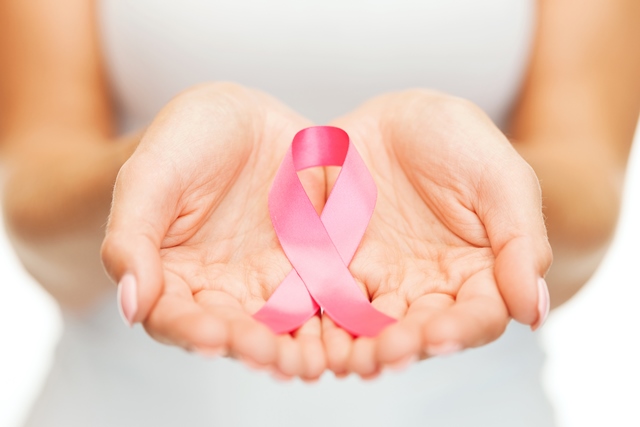AstraZeneca and Daiichi Sankyo’s Enhertu (trastuzumab deruxtecan) has been approved in the European Union (EU) as monotherapy for the treatment of adult patients with unresectable or metastatic HER2-low (IHC 1+ or IHC 2+/ISH-) breast cancer who have received prior chemotherapy in the metastatic setting or developed disease recurrence during or within six months of completing adjuvant chemotherapy.
Enhertu is a specifically engineered HER2-directed antibody drug conjugate (ADC) being jointly developed and commercialised by AstraZeneca and Daiichi Sankyo.
The approval by the European Commission follows the positive opinion of the Committee for Medicinal Products for Human Use and is based on results from the DESTINY-Breast04 Phase III trial, which were presented at the American Society of Clinical Oncology 2022 Annual Meeting and published in The New England Journal of Medicine.
In the trial, Enhertu significantly reduced the risk of disease progression or death by 50% versus physician’s choice of chemotherapy (based on a hazard ratio [HR] of 0.50; 95% confidence interval [CI]: 0.40-0.63; p<0.0001) in patients with HER2-low metastatic breast cancer with hormone receptor (HR)-positive or HR-negative disease.
A median progression-free survival (PFS) of 9.9 months was seen with Enhertu versus 5.1 months in those treated with chemotherapy, as assessed by blinded independent central review (BICR). A 36% reduction in the risk of death was seen with Enhertu compared to chemotherapy (hazard ratio of 0.64; 95% CI: 0.49-0.84; p=0.001) with a median overall survival (OS) of 23.4 months versus 16.8 months.
Javier Cortés, MD, PhD, Head, International Breast Cancer Center, Barcelona, Spain, said: “The European approval of Enhertu in the HER2-low metastatic breast cancer population marks the first time we will have the opportunity to treat patients with lower levels of HER2 expression with a HER2-directed therapy. Enhertu has shown a significant improvement in outcomes compared to chemotherapy for these patients, reinforcing its potential to become a new standard of care.”
Dave Fredrickson, Executive Vice President, Oncology Business Unit, AstraZeneca, said: “Historically, patients with breast cancer who have tumours with low levels of HER2 expression have been classified as HER2-negative, giving them limited treatment options beyond chemotherapy. This approval reinforces the important role Enhertu may have for patients with HER2-low disease and highlights the need to evolve the way breast cancer is treated to improve patient outcomes.”
Ken Keller, Global Head of Oncology Business, and President and CEO, Daiichi Sankyo, Inc, said: “The approval of Enhertu in HER2-low metastatic breast cancer represents a significant clinical advance for patients in Europe with both HR-positive and HR-negative disease who previously have had limited treatment options in the late-line setting. This milestone also supports our vision to bring Enhertu to more patients across the HER2 spectrum, which requires a change to the breast cancer classification system that has been guiding treatment for more than two decades.”
The safety profile observed in patients treated with Enhertu in the DESTINY-Breast04 trial was consistent with that seen in other trials of Enhertu in breast cancer with no new safety signals identified.
Following EU approval, an amount of $150m is due from AstraZeneca to Daiichi Sankyo as a milestone payment for this HER2-low breast cancer post-chemotherapy indication.


